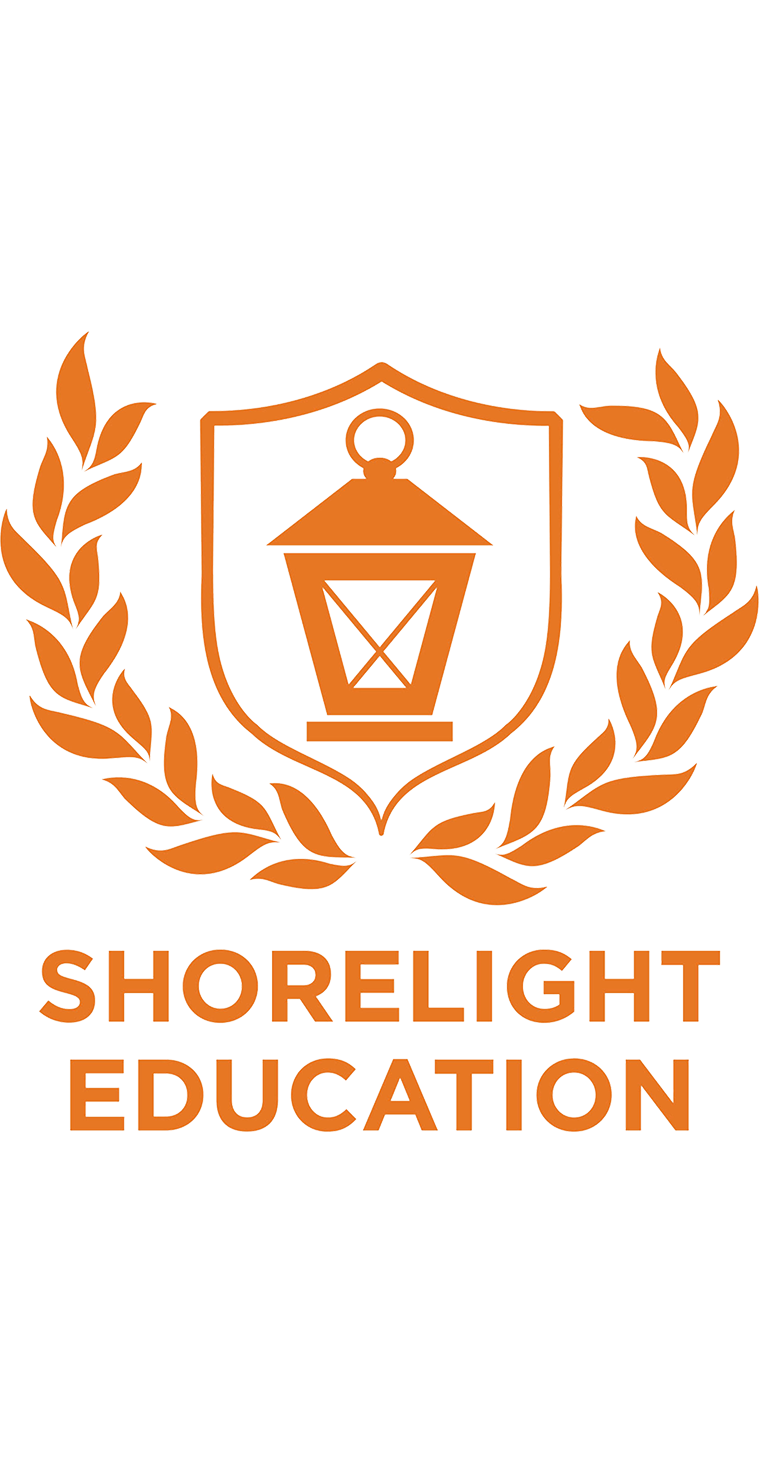
Foreign Education Consultants
Typically replies within minutes
Foreign Education Consultants
Hi There,
How can I help you?

Foreign Education Consultants
Typically replies within minutes
Foreign Education Consultants
Hi There,
How can I help you?
Get university recommendations.
Create SOP for free
Direct university communication
Track your application
Online payments
Don't have an account?
Get university recommendations.
Create SOP for free
Direct university communication
Track your application
Online payments
Already have an account?
Get university recommendations.
Create SOP for free
Direct university communication
Track your application
Online payments
Got your password?

Application Fee
The graduate program in Applied Sociology prepares students for careers in program development and evaluation, policy analysis, and research in the fields of health, aging, and diversity and gender. The program is open to students with all undergraduate majors and to both full-time and part-time students.
The Department of Sociology, Anthropology, and Public Health is home to undergraduate programs in Sociology (SOCY), Anthropology (ANTH) and Public Health (PBHL, formerly HAPP). We offer minors in Sociology, Anthropology, and Public Health, a Master’s in Applied Sociology, as well as Post-Baccalaureate Certificates in the Nonprofit Sector, and Social Dimensions of Health. An Accelerated Bachelor’s/Master’s is available, as well as special options for double majors in Sociology and Anthropology, Sociology and Psychology, Sociology and Social Work, and Public Health and Social Work. The department collaborates with three outstanding Ph.D. programs, including Gerontology (GERO), Public Policy (PUBL) and Language, Literacy & Culture (LLC) and hosts the Center for Aging Studies (CAS), a research center that conducts large scale, federally-funded research.
Throughout these programs, the department emphasizes three core areas: health & aging in society; diversity, gender & culture; and applied social science research. Consistent with UMBC’s goals, the department focuses its core strengths to:
Academic Program Requirements
Curriculum Requirements
SOCY Graduate Student Handbook 2021
The M.A. in Applied Sociology consists of 10 courses totaling 30 credits. Required courses include one methods course (SOCY 600), one statistics course (SOCY 604), and another approved methods or statistics course (either SOCY 618 – SAS for Social Scientists or SOCY 619 – Qualitative Methods in Social Research). The remaining courses are a combination of electives and the capstone requirement (Master’s Thesis or Master’s Paper). A total of two courses may be taken outside the department, but they must be approved by the Graduate Director prior to enrollment. Students may also enroll in one graduate-level three credit Independent Study course as part of their elective course requirements.
A normal full-time load is 9 credits (3 courses) per semester. Most full-time students can complete the program in 3 semesters plus a summer course. Full-time students who begin the program in the Fall semester will take SOCY 600 and proceed to SOCY 604 in the Spring. Students who begin in the Spring semester will take elective courses their first semester, SOCY 600 in the Fall semester, and SOCY 604 in the next Spring semester. Part-time students usually complete the program in 2 to 2.5 years. Part-time students who are employed full-time are strongly urged to take only one course their first semester at UMBC. All students must have a cumulative GPA of 3.0 or better order to graduate.
Degree-seeking students in the Applied Sociology program are required to complete a capstone project. Students may choose either the Master’s Thesis option (15 course credits and 6 Thesis credits) or the Master’s Paper option (18 course credits and 3 Master’s Paper credits). Both courses of study require 30 hours of course work. The Master’s Thesis option is designed for students who plan to enter doctoral programs and is recommended for students interested in community college teaching. The Master’s Thesis option requires a committee chair and two faculty members. The Master’s Paper option is more appropriate for students entering or continuing professional careers following the M.A. degree. The Master’s Paper option requires two faculty readers.
Students must decide whether to pursue the Master’s Thesis or Master’s Paper option and identify a Thesis Committee Chair or First Reader as well as a tentative area of research. It is the student’s responsibility to select potential topics of interest for the Master’s Paper or Master’s Thesis. Students should then meet with faculty members who are interested in those topics. The student and the First Reader or Thesis Committee Chair will jointly develop the specific topic and time line for completion of the Master’s Paper or Master’s Thesis. The student should complete and submit the Capstone Declaration Form to the Graduate Coordinator. The Coordinator will process the form, assign the First Reader or Committee Chair as the student’s academic advisor, and issue permission to enroll in the respective credits (SOCY 711 for Master’s Paper Research or SOCY 799 for Master’s Thesis Research).
Admission Requirements
Note: GRE not required
Financial Assistance
A number of assistantships are available in the Department of Sociology, Anthropology, and Public Health and elsewhere on and off campus. Assistantships require 10 to 20 hours of work per week and provide tuition remission, health insurance, and a stipend. Assistantships are assigned on a competitive basis.
Tuition fee-1.5 years$38,000
Total fee-14.5 years$60,000



